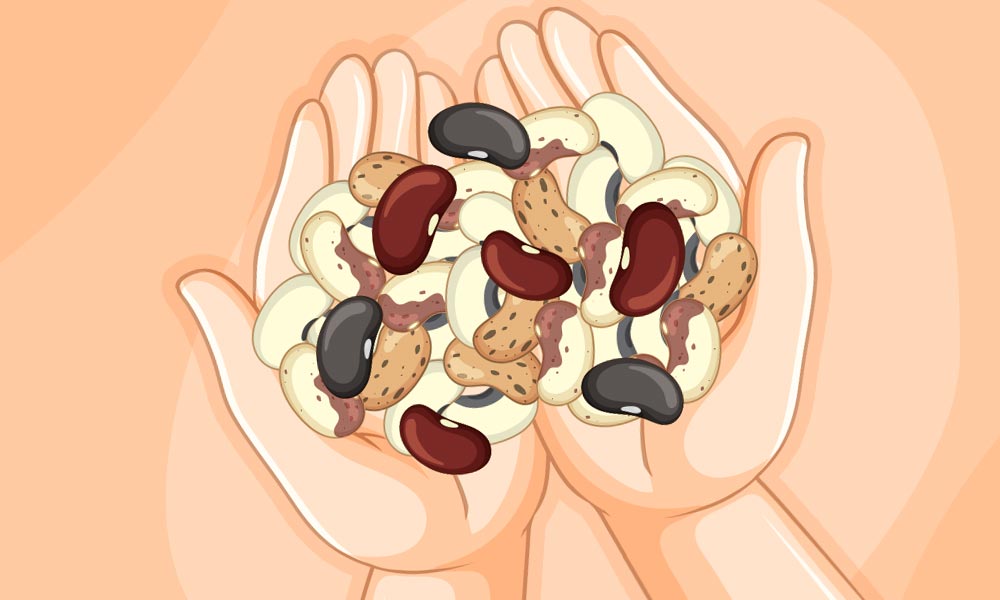Upon first meeting, many of my patients have already given up all nuts and seeds for fear of the high oxalate content. However, there are only a few nuts you should give up to lower urine oxalate.
The problem with nuts and seeds is that we tend to overeat them, which, coupled with not getting calcium in your diet, can increase your risk for kidney stones. It’s important to remember that calcium plays a crucial role in this equation.
Eat nuts and seeds within portion limits. You’ll often find these nuts and seeds in my meal plan service recipes (I count all the oxalate for each recipe), and you’ll see that you don’t have to give up all of your favorites—they are still part of a balanced diet.
Here is your safe seeds and nuts list.
The * denotes an updated studied food from Harvard.
- Coconut Meat, Dried (Desiccated), Sweetened, Shredded: 1 tbsp / 0.1mg oxalate*
- Coconut Meat, Raw: 1/8 cup 0.1*
- Flaxseed, Ground: 1tbsp / 0.2mg oxalate*
- Peanut Butter, Salted, Smooth: 1tbsp / 19.2mg oxalate*
- Pecans, Oil Roasted, Unsalted: 1oz / 15.7mg oxalate*
- Pistachios, Dry Roasted, Unsalted: 1oz / 9mg oxalate*
- Pumpkin & Squash Seeds, Whole Roasted, Unsalted: 1/4 cup / 4.3mg oxalate*
- Pumpkin & Squash Seeds, Kernels, Dried: 1/4 cup / 7.7mg oxalate*
- Sesame Butter, Tahini, From Roasted & Toasted Kernels: 1tbsp / 16.2mg oxalate*
- Sunflower Seed Kernels, Oil Roasted, w/o Salt: 1/4 cup / 8mg oxlate*
- Sunflower Seed, Dried, Kernels: 1/4 cup / 2.9mg oxalate*
- Walnuts: 1oz / 11.7mg oxalate*
And to clarify, 1 ounce is equal to 2 tablespoons.
So you see, you CAN eat nuts and seeds on the Kidney Stone Diet. Enjoy them in portion size and meet your calcium needs—I can’t stress the calcium part enough.
Your friend and advocate,
Jill
P.S. If you’re lactose intolerant or don’t want to use dairy products, read my articles, 16 Non-Dairy Calcium Sources for Kidney Stone Formers.














Leave a Reply